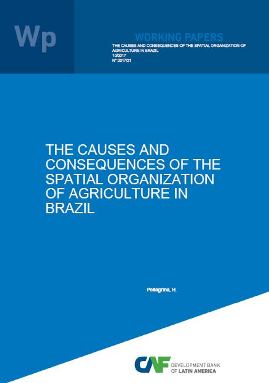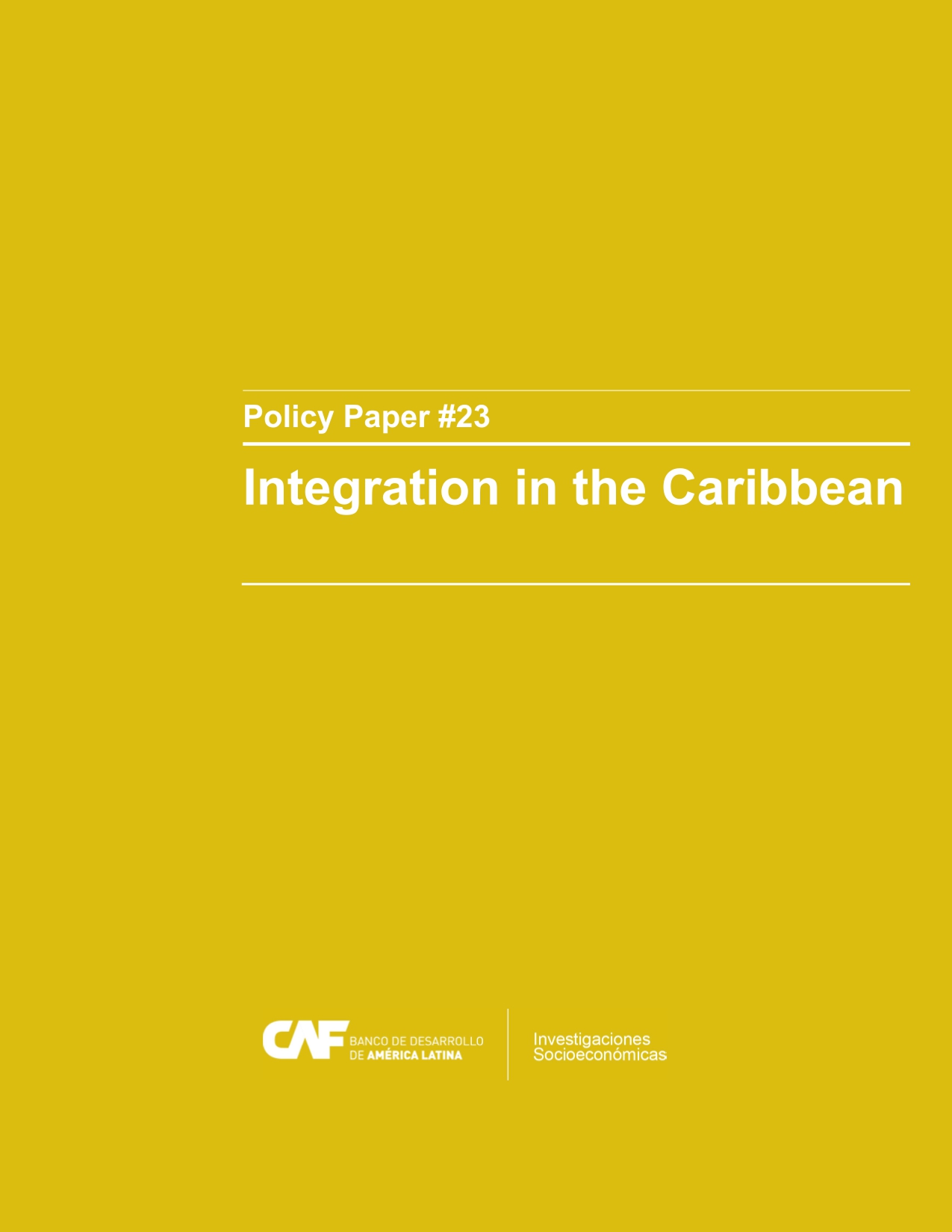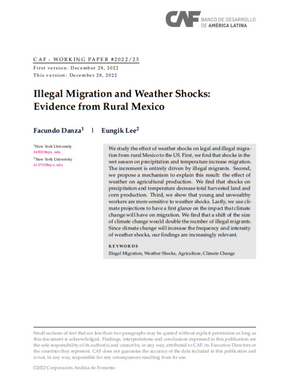The Asymmetric Impact of Trade Shocks on Rural and Urban Areas: Evidence from Chile
Resumo
This paper examines the causal effects of trade shocks on local labor markets (LLMs), with a focus on the rural–urban divide. In particular, it analyzes the impact of China’s integration into global trade on Chilean LLMs with varying degrees of rurality. The identification strategy exploits variation in pre-shock industrial specialization across LLMs and changes over time in global Chinese import penetration and industry-specific export demand. We study short-run effects (1996–2006) and medium run dynamics (through 2022). Urban LLMs, more exposed to import competition, experienced declines in income, increases in poverty and informality, and persistent schooling losses. Rural LLMs, linked to primary sectors benefiting from Chinese demand, saw sustained income growth and reductions in poverty and informality. These asymmetric effects likely contributed to narrowing regional disparities and underscore the importance of geographic exposure in shaping the distributional consequences of global trade integration.
Assunto
País / Región
Data
2025-09-09Cite esta publicação
Item que pertence à coleção
Autor
Albina, IvánCésar, Andrés
Ciaschi, Matías
Falcone, Guillermo
Gasparini, Leonardo
Items Relacionados
The Causes and Consequences of the Spatial Organization of Agriculture in Brazil
Why are there vast differences in agricultural activity across space? How do these differences shape the aggregate impact of agricultural shocks? To ...
Integration in the Caribbean
Trade and economic integration improve welfare and productivity through several channels. Trade increases market size to export and import, promotes ...
Illegal Migration and Weather Shocks: Evidence from Rural Mexico
We study the effect of weather shocks on legal and illegal migration from rural Mexico to the US. First, we find that shocks in the wet season on ...





